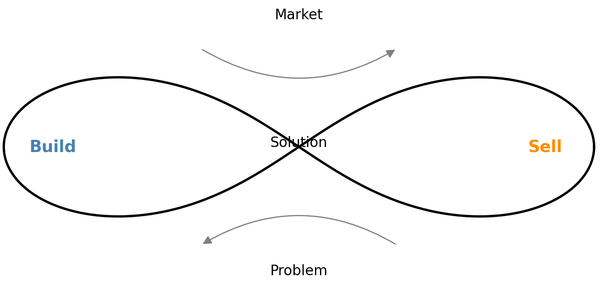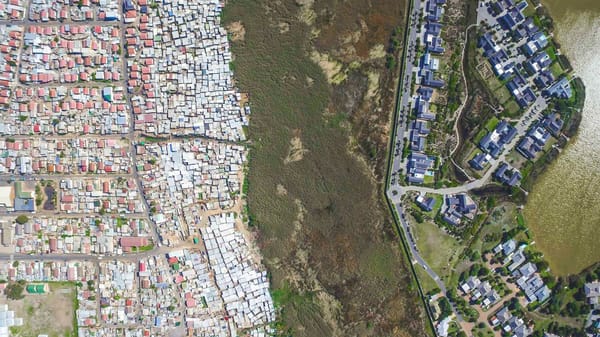Permissionless Power: How Young Black Africans Can Productize Themselves and Beat a Rigged System

South Africa: The World’s Most Unequal Country
Nearly 30 years after apartheid, South Africa still holds the unwelcome title of the most unequal country on Earth [1].
Multiple data points from global institutions underscore how starkly income and wealth are concentrated at the top, far more than in any other nation. South Africa’s income Gini coefficient hovers around 0.67, by far the highest globally [2].
For context, this means South Africa’s income distribution is extremely skewed—much closer to one person having all income than to everyone sharing equally. The richest 10% of South Africans capture about 65% of national income, while 10% of the population owns over 80% of the nation's wealth, levels unmatched anywhere else [3].
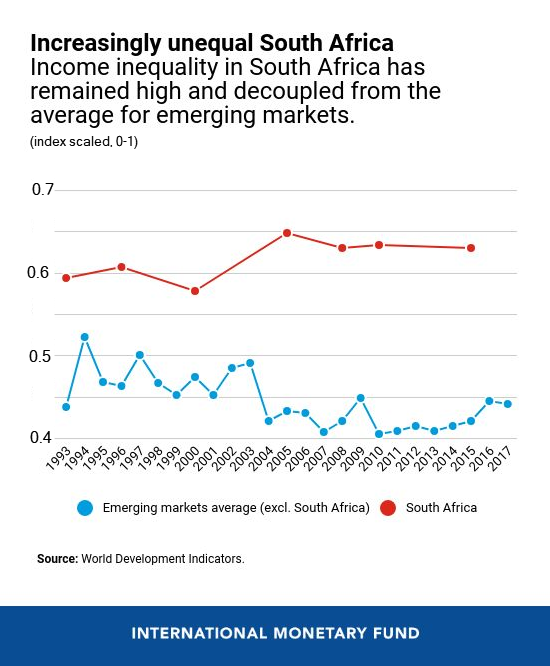
Talent Without Opportunity
South Africa’s townships and villages are brimming with talent and ambition, yet young people in these communities face systemic barriers that can feel like a rigged game. Youth unemployment is astronomically high – officially around 61% for those aged 15–24 (soaring to 71% if you count those who’ve given up looking) [4].
Opportunities are scarce, nepotism and old networks dominate formal hiring, and many Black creators and aspiring founders find themselves shut out. Even in the startup world, Black founders receive <1% of venture capital funding [5], reflecting a status quo where the odds are stacked against those without connections or privilege.
But what if you could flip the script? The constraints you inherited don’t have to define your future. This article is a rallying call to young village/township-based creators, aspiring tech founders, and digital entrepreneurs in South Africa: you have permissionless power at your fingertips.
By productizing your skills and knowledge, leveraging technology, and playing new games by new rules, you can beat a system that wasn’t built for you. It starts with understanding the patterns that hold us back – and how to break them.
Persistent Systems and Inherited Patterns

It’s difficult to strategize and make a difference if you don’t understand the systems that are working to keep things as they are. Systems create the status quo and they defend it.
“Stewart Brand points out that if you look at a map of Boston from 1924 and compare it to one from 2024, almost every building has changed over the last century. And yet few of the major roadways have.
It’s far easier to renovate or replace a building than it is to reroute a road.
Systems have nodes (buildings) and connections (roads). Those roads have conventions that we all need to understand to stay safe.
Buildings (and people) get replaced all the time. Roadways (and the rules of systems) fight like crazy to stay the way they are.”
~ Excerpt From This Is Strategy (Seth Godin)
Systems include internal feedback mechanisms, power relationships, and hierarchical structures, reinforcing and maintaining the existing state of affairs.
While systems may operate unseen, participants typically feel their influence and recognize their authority. Effective systems consistently produce results reflective of their nature.
Some systems are vast and influential, such as university admissions processes, the military-industrial complex, apartheid or capitalism itself.
Others are smaller and subtler, like neighborhood dynamics or governance structures in a nonprofit. Families themselves form micro-systems.
Although completely reshaping massive systems like capitalism may seem impossible, we can influence their inner workings by reshaping cultural expectations and redefining roles for consumers, employees, and investors within these larger frameworks.
One thing I also want to highlight is that inequality will always exist. It is not a problem unique to South Africa, and the video below goes into more detail about that. However, when it comes to inequality, South Africa is an outlier on a global scale.
In South Africa’s Black communities, we’ve inherited business patterns shaped by decades of exclusion. Our parents and grandparents survived through spaza shops, piece jobs, informal trading, and other small-scale enterprises because the formal economy shut them out. Those survival strategies became the default template, a system that persists even today.
Walking through a township, you’ll see the same patterns: dozens of hair salons, street vendors, micro-services – vital businesses that are cash based due to the need to survive, but often stuck in a low-growth loop.
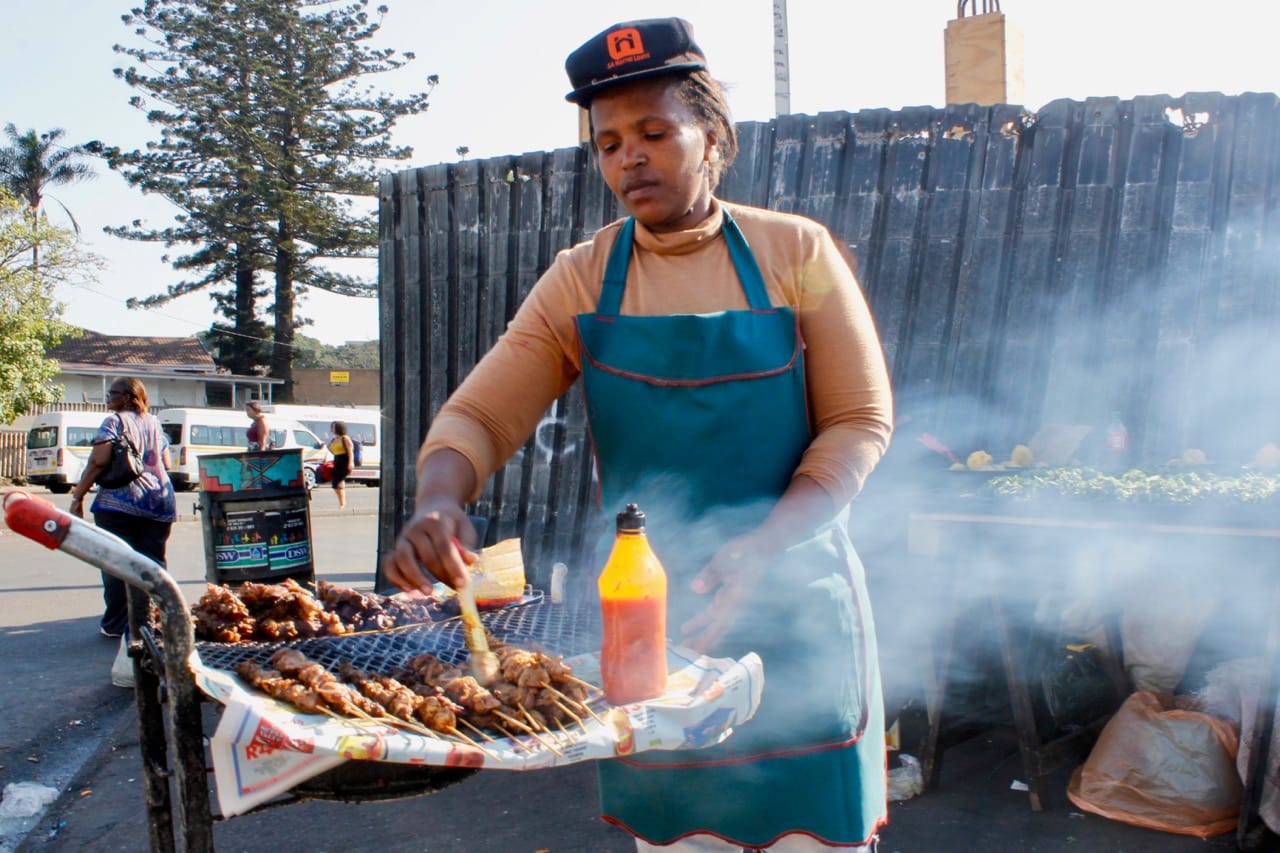
This persistence is partly due to lack of access (to capital, to markets, to information) and partly due to survival – the patience required in building a scalable product or a global business from a township without “permission” from gatekeepers is hard when you need to survive, and most entrepreneurs are forced into subsistence entrepreneurship.
It’s no wonder a brilliant would-be entrepreneur from a township can feel stuck in survival mode, repeating the same small hustles that barely move the needle.
Yet, recognizing these persistent patterns is the first step to changing them. You can honor the past while breaking from its limitations. The way to do that is by embracing permissionless work – a concept that challenges you to step outside the old system and create your own game.
Permissionless Work: Naval’s Four Pillars of Leverage
Silicon Valley entrepreneur Naval Ravikant popularized ideas on building wealth that perfectly apply to breaking out of our inherited limits. The key is permissionless work – doing things that don’t require someone else’s approval or gatekeeping. Naval’s philosophy boils down to four pillars:
Equity
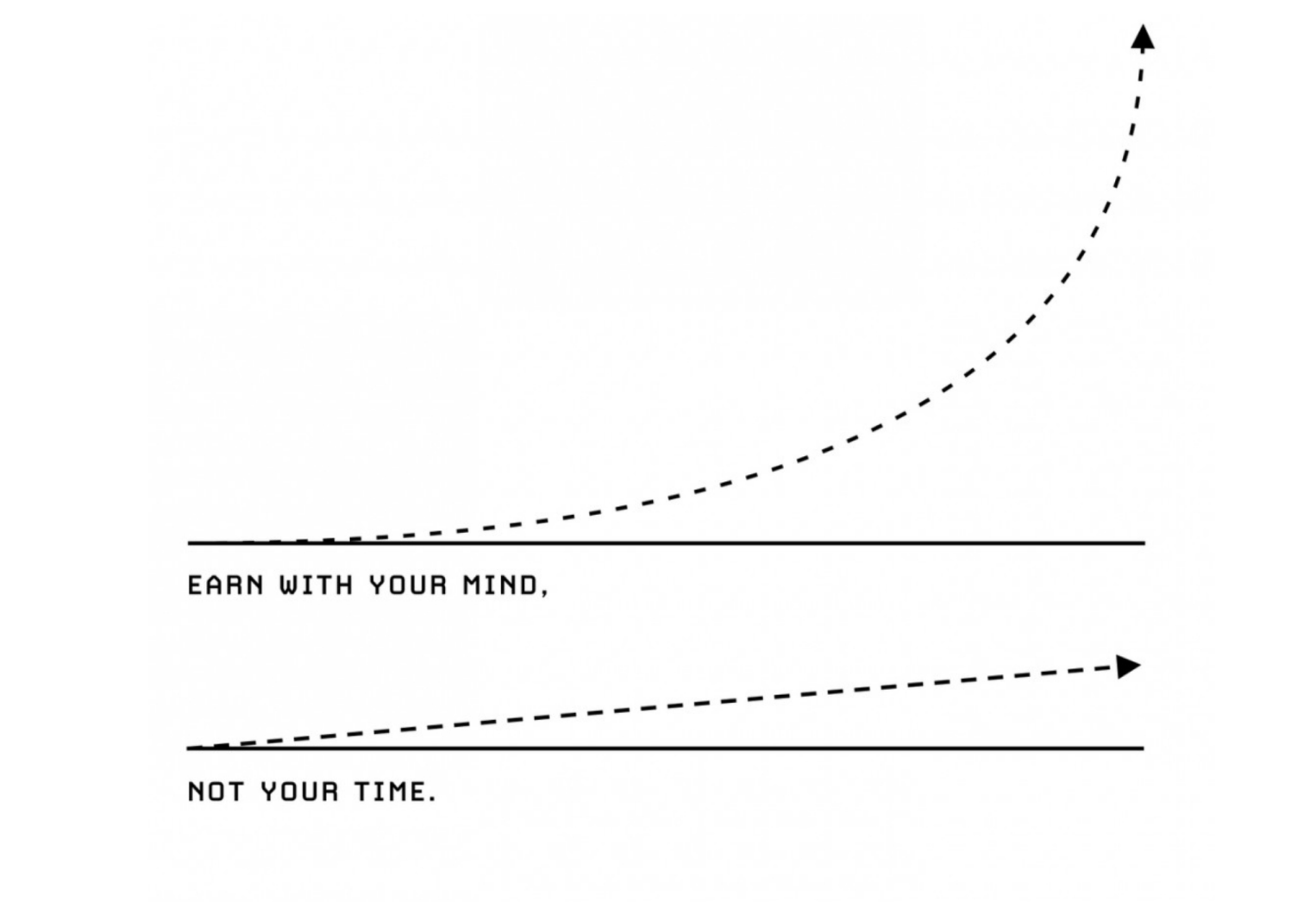
In other words, own what you create. A job can feed you today, but owning a product, platform, or brand can build wealth for tomorrow. This doesn’t mean you need a billion-rand company overnight – even a small YouTube channel, an app, or a homemade product line is equity you own.
Leverage
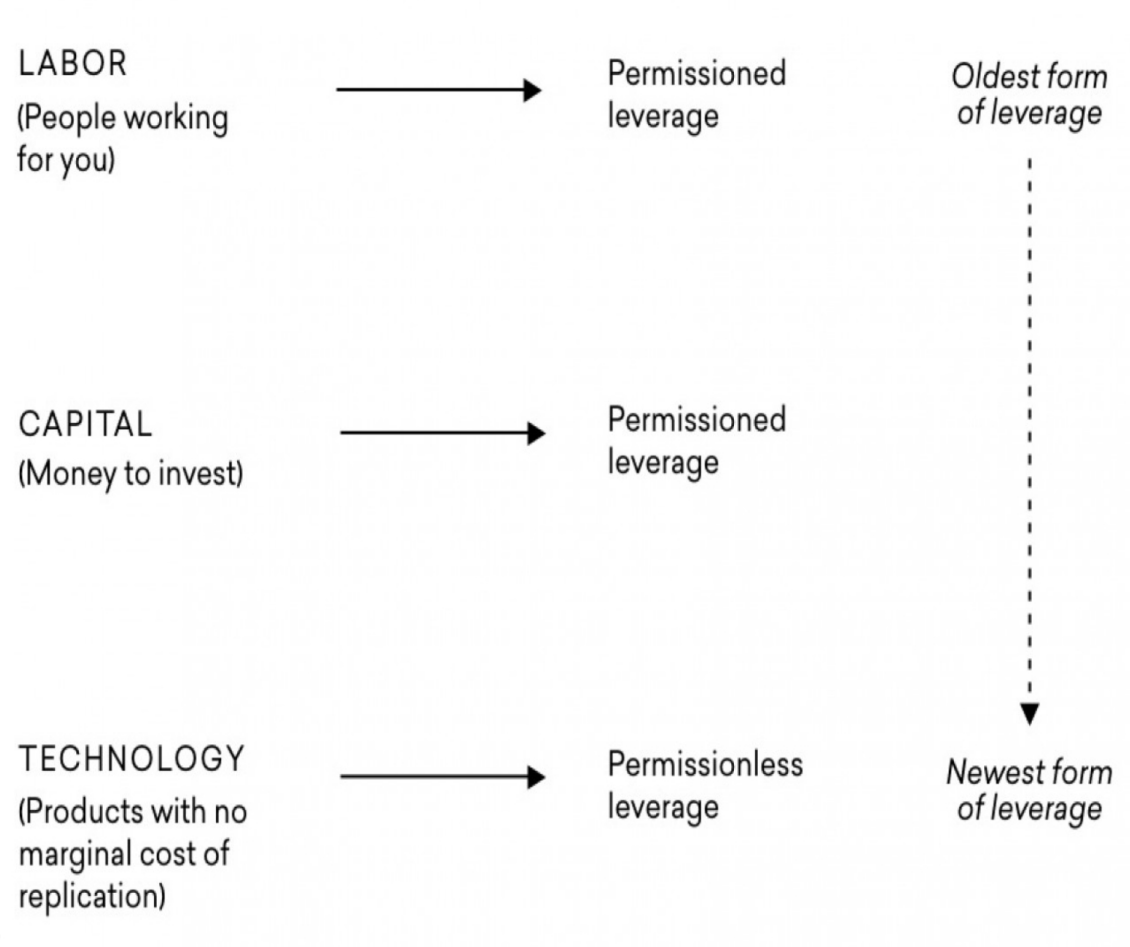
Leverage is how you multiply the impact of your efforts. Naval identifies three types of leverage – labor, capital, and products with no marginal cost.
The first two (labor and money) usually require permission – you need to convince people to work for you or investors to fund you. But the third type is permissionless leverage: code and media.
“Code and media are permissionless leverage. They're the leverage behind the newly rich. You can create software and media that works for you while you sleep.” ~ Naval
Think about that – a smartphone app or a YouTube video can reach thousands without anyone’s sign-off. In 2025, this has only become more true: a single creator with a laptop or phone can launch something that reaches the world.
Compound Games
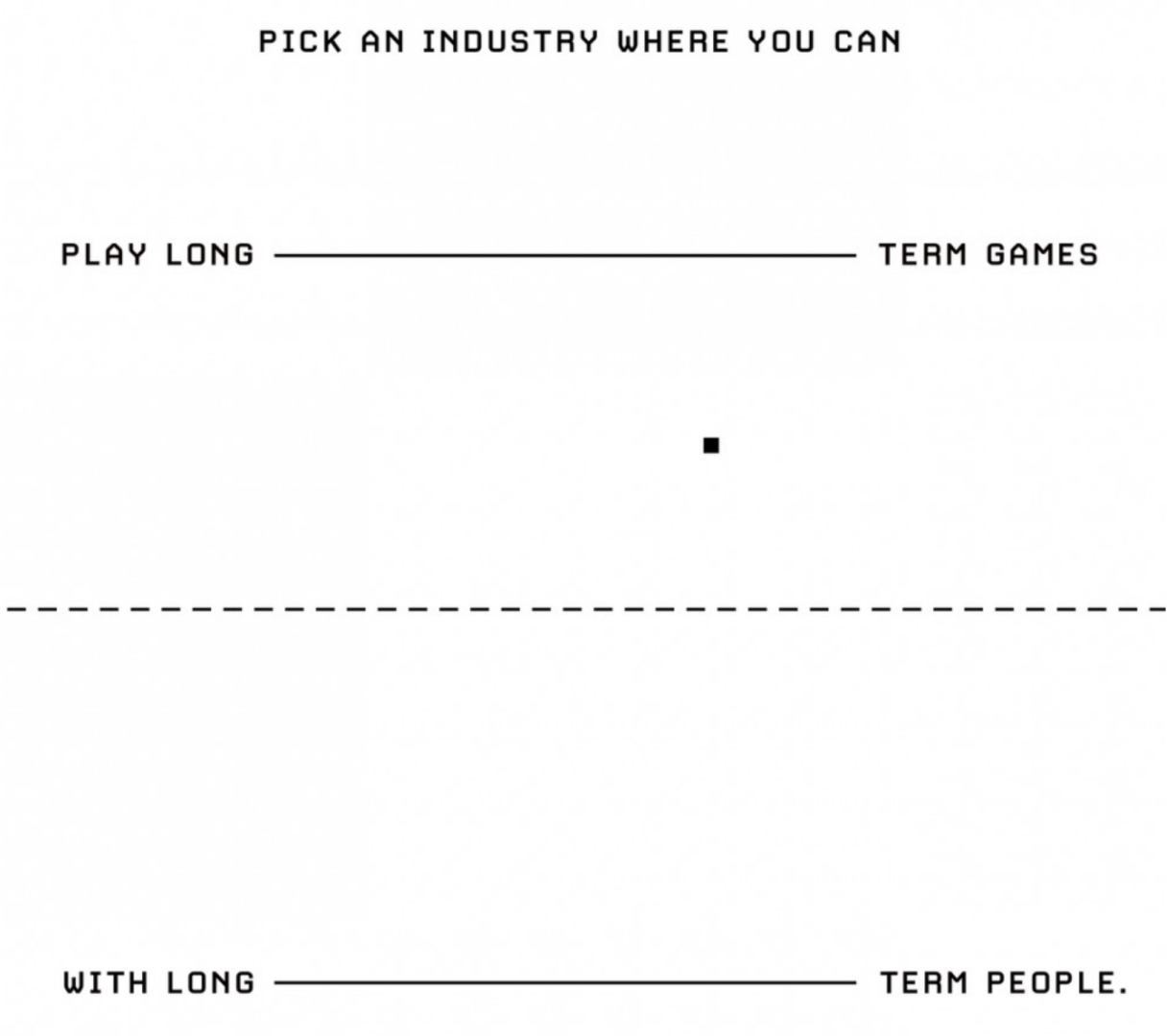
Success is a long-term game. Naval reminds us to “play iterated games. All the returns in life – whether in wealth, relationships, or knowledge – come from compound interest.”
That means stick with it and let your efforts compound. Small, consistent actions – posting content regularly, reinvesting small profits, learning daily – can snowball into huge results.
In practical terms: Don’t chase one-hit wonders. Build things that gain value over time (an online following, a portfolio of work, improved skills, loyal customers). Each new project or connection can build on the last.
Accountability
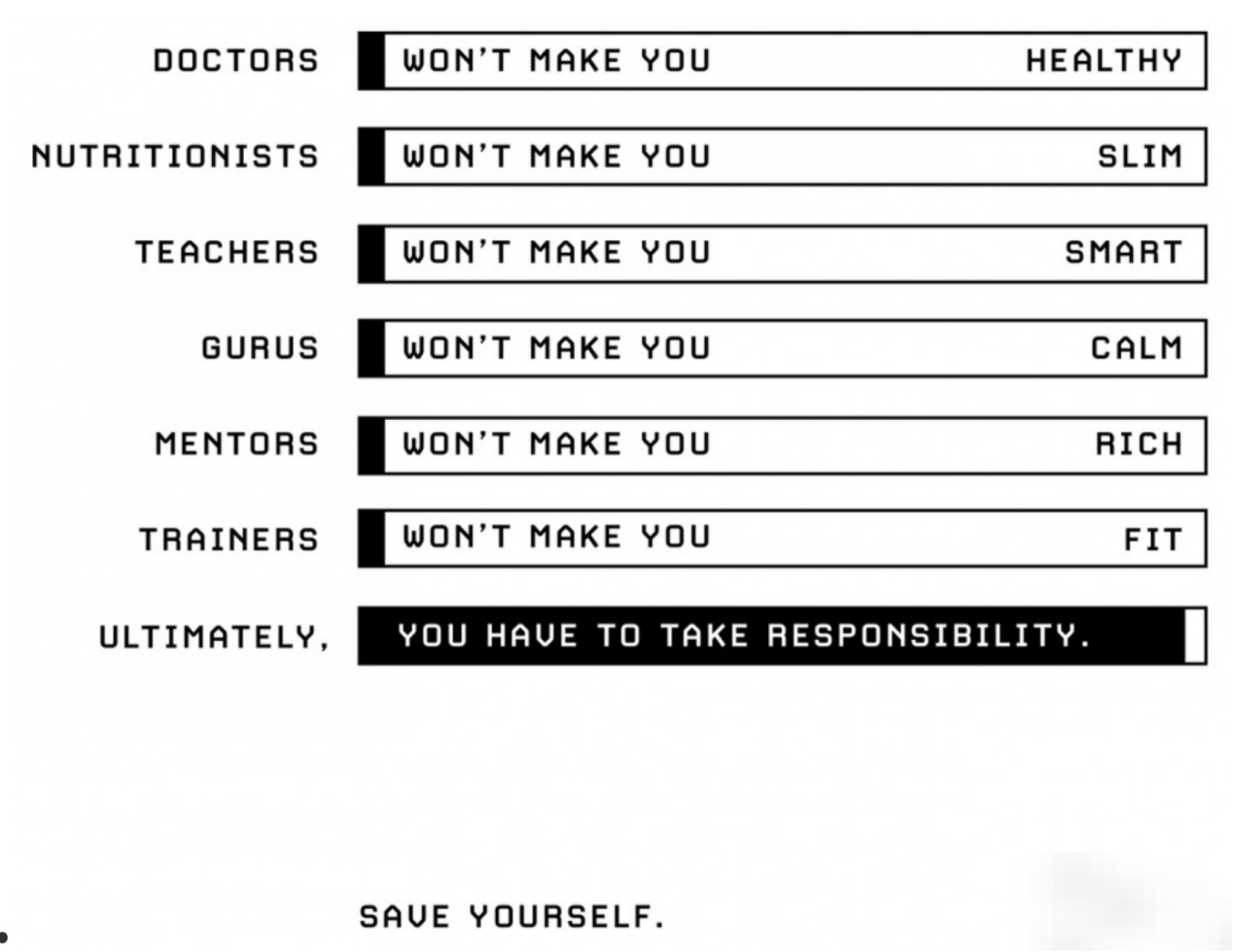
In a world where many hide behind faceless corporations or anonymity, putting your name and reputation on the line can be a superpower. It builds trust. If you start a blog, a business, or a service, be proud to claim it – like John’s Design Co. or Ayanda’s Tutoring.
Accountability forces you to do your best work (because it’s your name on the line) and it signals credibility to others. People reward that with opportunities and loyalty. Being accountable also means owning your mistakes and learning publicly.
It’s hard, but it sets you apart from the legions of people who never step out of the crowd.
Together, these principles form a blueprint for permissionless power. They encourage you to stop waiting – for a job, for an investor, for an “okay” from the system – and to start building your own thing, using tools that are in your hands today. So how do you put this into action in South Africa, right now?
Playing by New Rules in 2025: From Theory to Action
It’s 2025. The internet has been a great equalizer for over two decades now, but most people in our communities haven’t fully leveraged it.
Naval pointed out that “the internet has massively broadened the possible space of careers – most people haven’t figured this out yet.”. This couldn’t be more true in South Africa: you can be in a village or township and reach a global market or audience from a prepaid smartphone.
The key is to apply the above pillars in a local, tangible way:
Equity = Create Something of Your Own
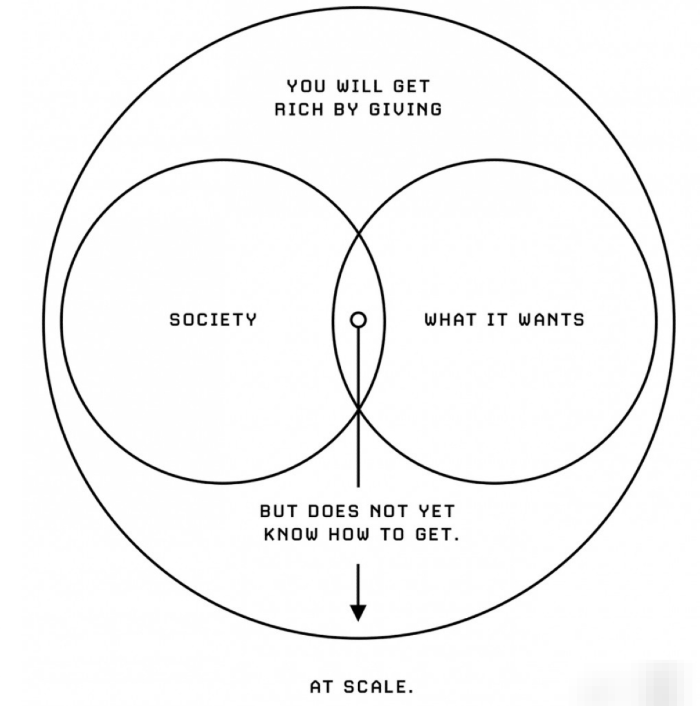
If jobs are nowhere to be found, create your own job. Start a small venture that you own and that the world needs – whether it’s a blog about your community, a small e-commerce hustle on Facebook Marketplace, a mobile car-wash service you brand under your name, or a piece of software solving a local problem.
It doesn’t need millions in capital; start tiny but make it yours. The goal is to build an asset that can grow. For example, a talented baker in a village could start by selling via WhatsApp and Facebook, building a brand that one day could become a chain or a supplier.
The scale isn’t important at first – ownership is. Each customer you earn is yours. Each improvement in your product is building your business’s value. In a rigged system, ownership is your protest and your protection.
Leverage = Use Technology and Media (No Permission Needed)
Ten years ago, if you wanted to launch a business or get noticed, you probably needed expensive equipment, a physical storefront, or mainstream media coverage.
Not today. Now your smartphone is a TV studio, a software factory, and a marketplace all in one. Got an idea or skill? Productize it through tech. Love to teach dance? Start a YouTube channel or TikTok tutorials for free. Handy with coding? Build a simple app or website and host it cheaply (even free) on services available. Good at talking and connecting with people? Launch a podcast with just your phone.
None of these require anyone’s permission or a huge budget. Additionally, we live in an age of AI tools that can amplify a one-person effort. Entrepreneurs with just a phone and data are using free AI like ChatGPT to write marketing content and tools like Canva to design graphics, leveling the playing field with bigger companies.
Technology is the great lever – it lets you reach thousands of people or automate tasks at virtually no extra cost.
Compound Games = Think Long-Term and Learn Continuously
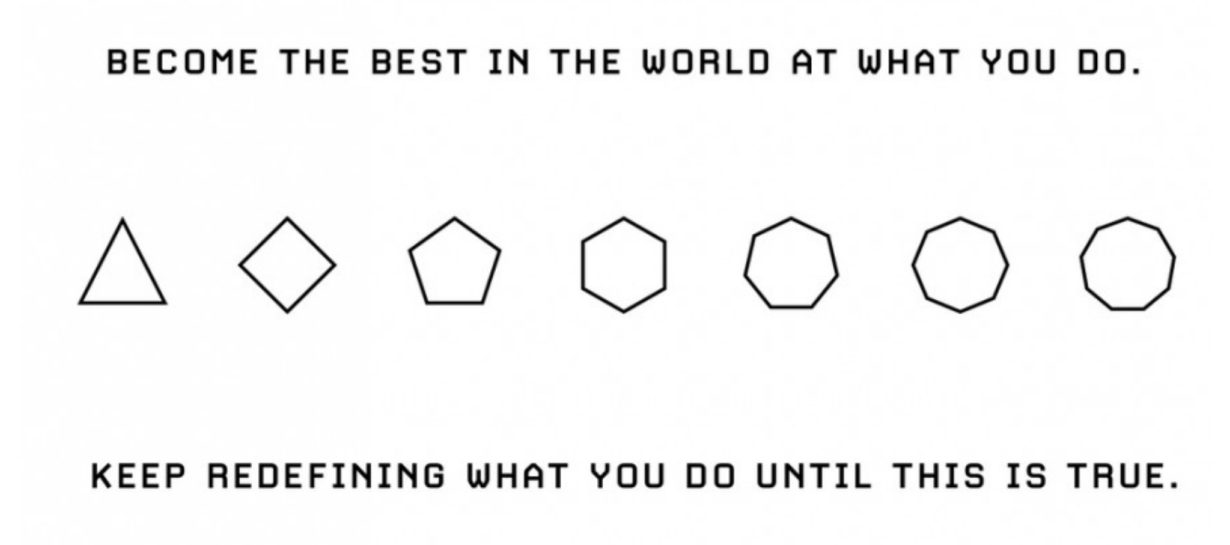
When you start a permissionless project, treat it as the first round of a long game. Don’t quit when results don’t come in a month or two. Remember, every piece of content you post, every product iteration, every client you serve is building momentum.
Skills and reputation are compounding assets. For instance, if you start a small coding project today and keep improving it, by next year you might have a real app with users. If you begin a podcast interviewing local business heroes and do it every week, in a year you’ll have 50 episodes and a loyal audience.
This persistence is rare – and it’s why those who do stick it out stand out. Moreover, play compound games with relationships: connect with other like-minded strivers online or in your area, share knowledge, collaborate. A WhatsApp group of young entrepreneurs sharing opportunities can turn into lifelong business partners.
The compounding of network and knowledge will pay off in ways that single transactions (or one-off “win the lottery” attempts) never will.
Accountability = Build in Public and Own Your Journey
In a small community, reputation is everything. Use that to your advantage by being the person who delivers. When you do an online hustle, treat your customers like gold – those reviews and word-of-mouth will make or break you.
Don’t hide behind anonymity; let people know who is behind the work. One practical tip: document your journey publicly. Post on LinkedIn or Facebook about what you’re building, even if it’s small. “Started a baking side hustle from my mom’s kitchen – first 10 customers served!”
This not only holds you accountable to keep going, it also attracts goodwill and advice. People can’t support or join your journey if they don’t know about it. Being accountable also means taking feedback and owning mistakes: if something fails, talk about what you learned and what’s next. This candor is refreshing and builds trust. In a world of scammers and quick-fix promises, being genuine and accountable sets you apart as a real entrepreneur playing the long game.
By adopting these new rules, you effectively step outside the old hierarchy. You’re no longer waiting in line for a chance at the old system’s rewards; you’re creating your own game where the only limit is how much value you can create and how many people you can reach. Now, let’s get practical: what tools do you need to do all this, and what specific ideas can you start with tomorrow?
Next: How to Build and Scale from a Township in 2025
In Part 2, we’ll turn theory into action:
- How to use technology and free tools to start
- Realistic business ideas with R0–R500 startup capital
- How to register, scale, and build equity over time
- A township-friendly AI + tech toolkit
- The mindset shift that turns hustles into long-term businesses
👉🏾 [Continue to Part 2 → “From Township Hustle to Scalable Business”]
Ready to take on the journey? We’re here to keep you motivated and armed with tips.
Subscribe to the newsletter for future articles, and follow on LinkedIn for daily insights. Let’s grow together.


